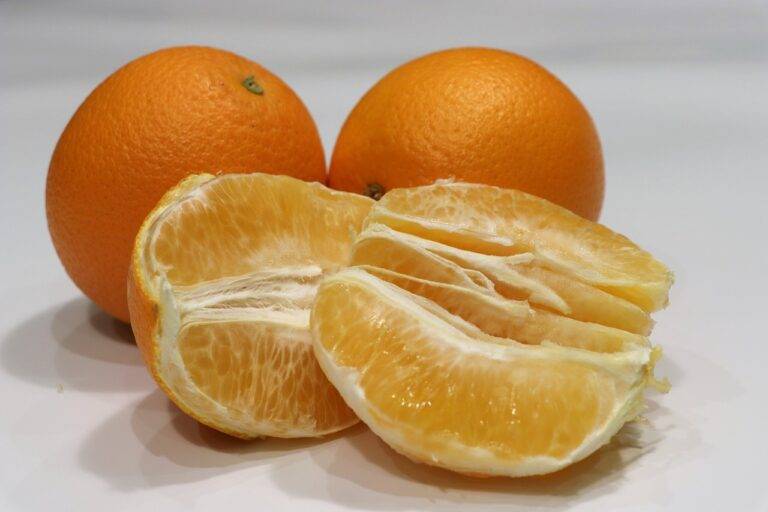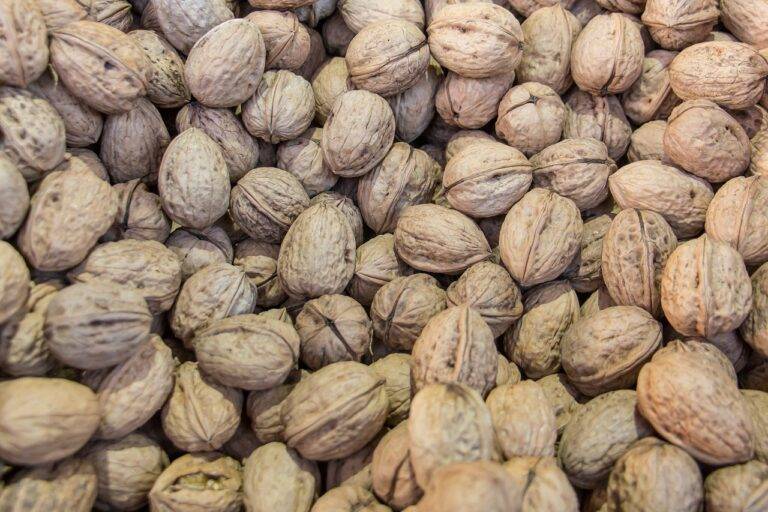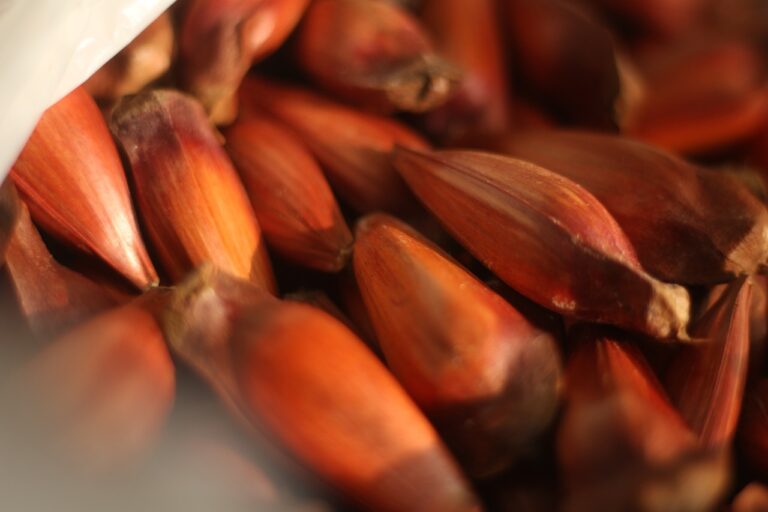Unwrapping the Science Behind Snack Cravings: Tiger exchange, Golden77, Sky 99 exch id
tiger exchange, golden77, sky 99 exch id: Have you ever found yourself reaching for a bag of chips or a candy bar when you’re feeling a little peckish? You’re not alone – snack cravings are a common occurrence for many people. But have you ever wondered why you crave certain snacks, and what causes those cravings in the first place? In this article, we’ll be unravelling the science behind snack cravings to help you gain a better understanding of why you reach for that sugary treat or salty snack.
What Causes Snack Cravings?
When it comes to snack cravings, there are a variety of factors at play. One of the most common reasons for snack cravings is the body’s need for energy. When your blood sugar levels drop, your body signals to your brain that it needs fuel in the form of food. This can lead to cravings for quick and easy sources of energy, such as sugary snacks or carbohydrates.
Another factor that can contribute to snack cravings is emotional eating. Many people turn to food as a way to cope with stress, boredom, or other emotions. This can lead to cravings for specific types of comfort foods, such as ice cream or chocolate.
Additionally, certain foods can trigger cravings due to their addictive properties. Foods that are high in sugar, salt, or fat can activate the brain’s reward system, leading to feelings of pleasure and satisfaction. This can create a cycle of cravings for these types of foods.
The Role of Hormones in Snack Cravings
Hormones also play a significant role in snack cravings. Ghrelin, often referred to as the “hunger hormone,” is responsible for signaling to your brain that you’re hungry and need to eat. When ghrelin levels are high, you’re more likely to experience intense cravings for food.
On the other hand, leptin, the “satiety hormone,” signals to your brain that you’re full and satisfied. When leptin levels are low, it can lead to increased cravings for food, even if you’ve recently eaten.
In addition to ghrelin and leptin, other hormones such as dopamine and serotonin can also influence snack cravings. These hormones are involved in regulating mood, pleasure, and reward, which can impact your desire for certain foods.
How to Manage Snack Cravings
While snack cravings are a natural and normal part of life, there are ways to manage them and make healthier choices. Here are some tips to help you curb your cravings and make more nutritious snack choices:
1. Eat Regular Meals: Making sure you’re eating balanced meals throughout the day can help stabilize your blood sugar levels and reduce the likelihood of experiencing intense cravings.
2. Stay Hydrated: Sometimes, thirst can masquerade as hunger. Drinking plenty of water throughout the day can help keep cravings at bay.
3. Choose Nutrient-Dense Snacks: Opt for snacks that are rich in nutrients, such as fruits, vegetables, nuts, or yogurt. These options not only satisfy your hunger but also provide essential vitamins and minerals.
4. Practice Mindful Eating: Pay attention to your body’s hunger and fullness cues, and try to eat without distractions. This can help you tune into your body’s natural signals and prevent mindless snacking.
5. Find Healthy Alternatives: If you find yourself craving a specific type of snack, try to find a healthier alternative. For example, if you’re craving something sweet, reach for a piece of fruit instead of a candy bar.
6. Get Moving: Engaging in physical activity can help distract you from cravings and boost your mood. Take a walk, go for a run, or do some yoga to help reduce the intensity of your cravings.
FAQs
Q: Are all snack cravings bad?
A: Not all snack cravings are bad! It’s normal to experience cravings from time to time. The key is to listen to your body and make mindful choices when it comes to snacking.
Q: How can I differentiate between hunger and cravings?
A: Hunger is a physical sensation that indicates your body needs nourishment, while cravings are often a psychological desire for a specific type of food. Learning to tune into your body’s cues can help you differentiate between the two.
Q: Is it okay to indulge in my cravings occasionally?
A: Absolutely! It’s important to enjoy your favorite foods in moderation. Allowing yourself to indulge in your cravings occasionally can help prevent feelings of deprivation and promote a healthy relationship with food.
Q: What should I do if my cravings are out of control?
A: If you find that your cravings are interfering with your ability to make healthy choices, consider speaking to a healthcare professional or a registered dietitian for personalized guidance and support.
In conclusion, snack cravings are a complex interplay of physical, emotional, and hormonal factors. By understanding the science behind these cravings and implementing strategies to manage them, you can make more mindful snack choices and support your overall health and well-being. Remember, it’s okay to indulge in your cravings occasionally, but strive to make balanced and nourishing choices most of the time.







